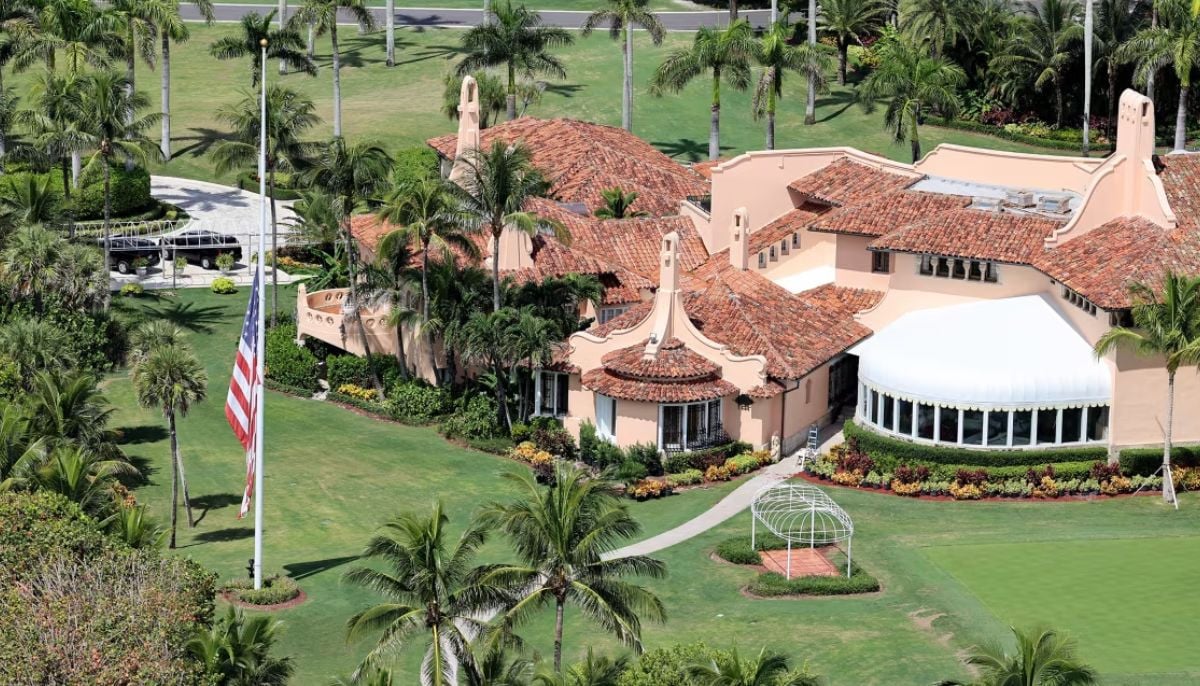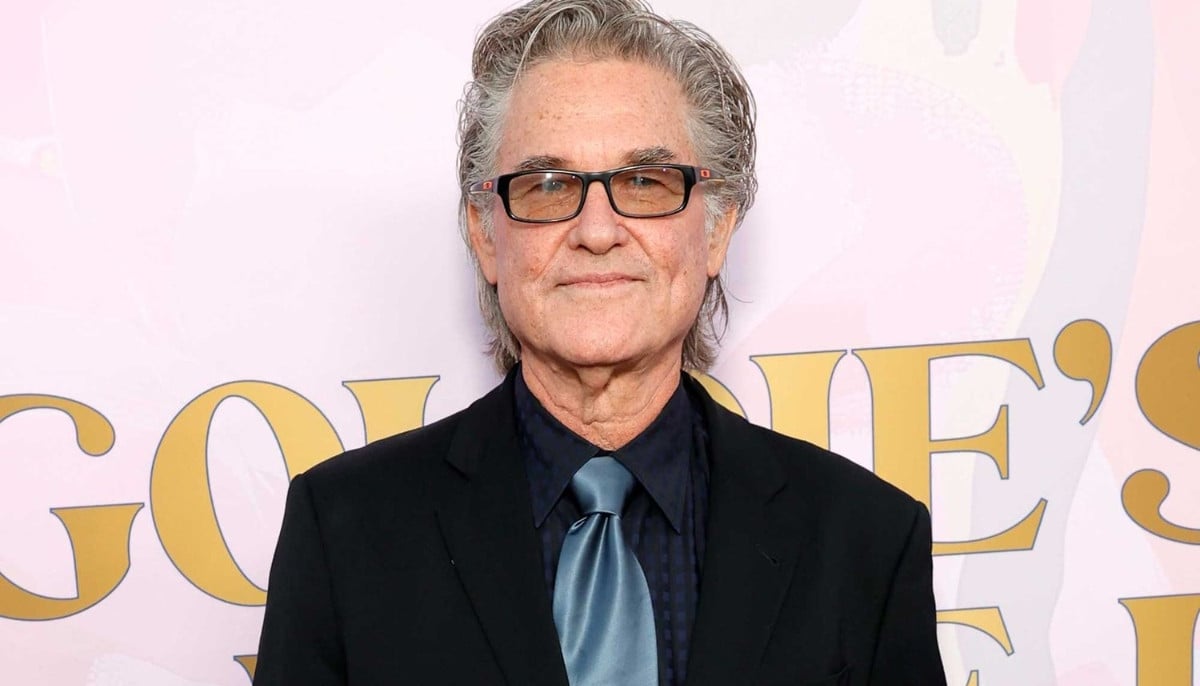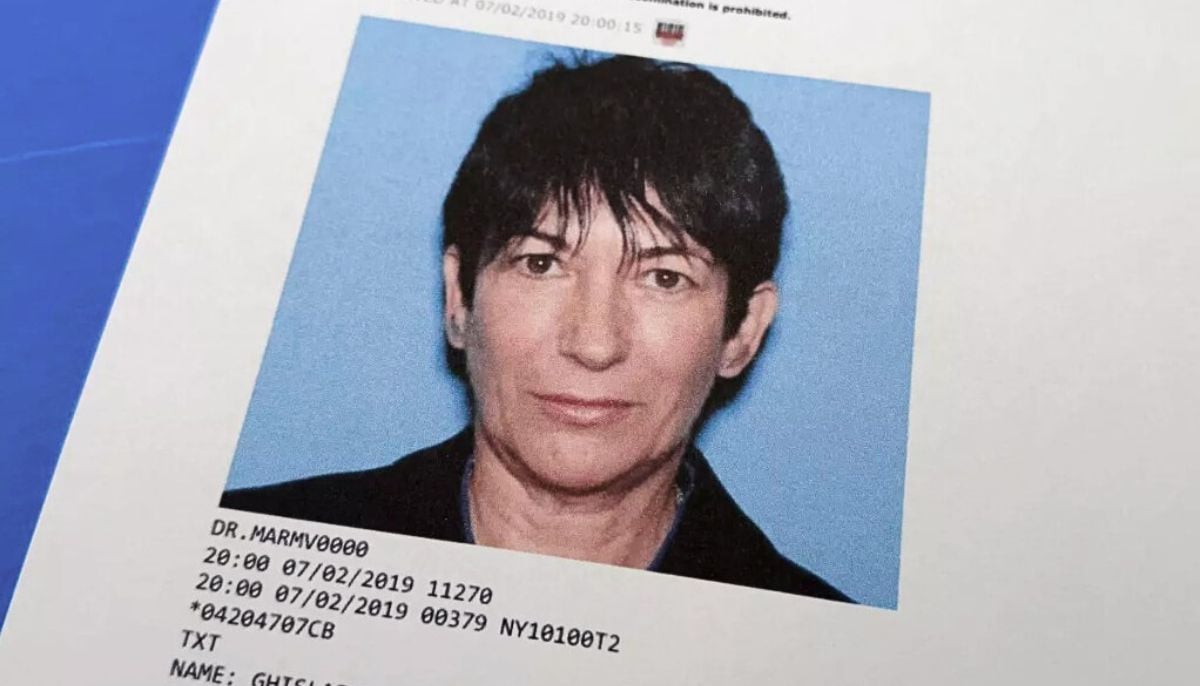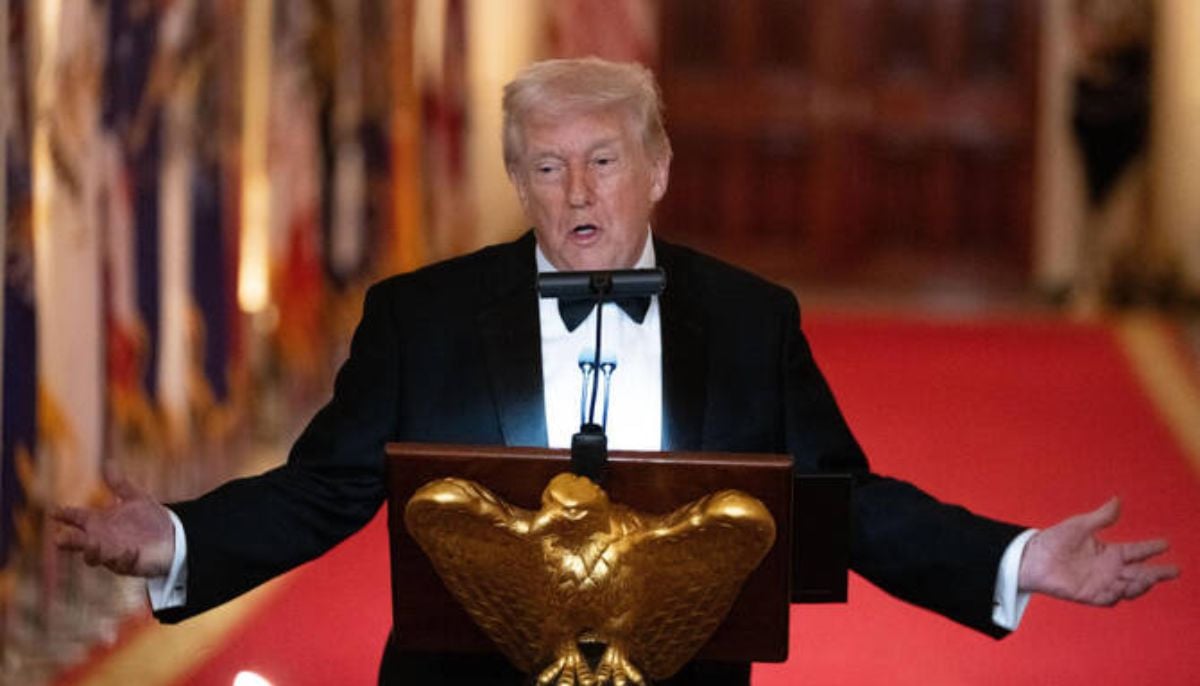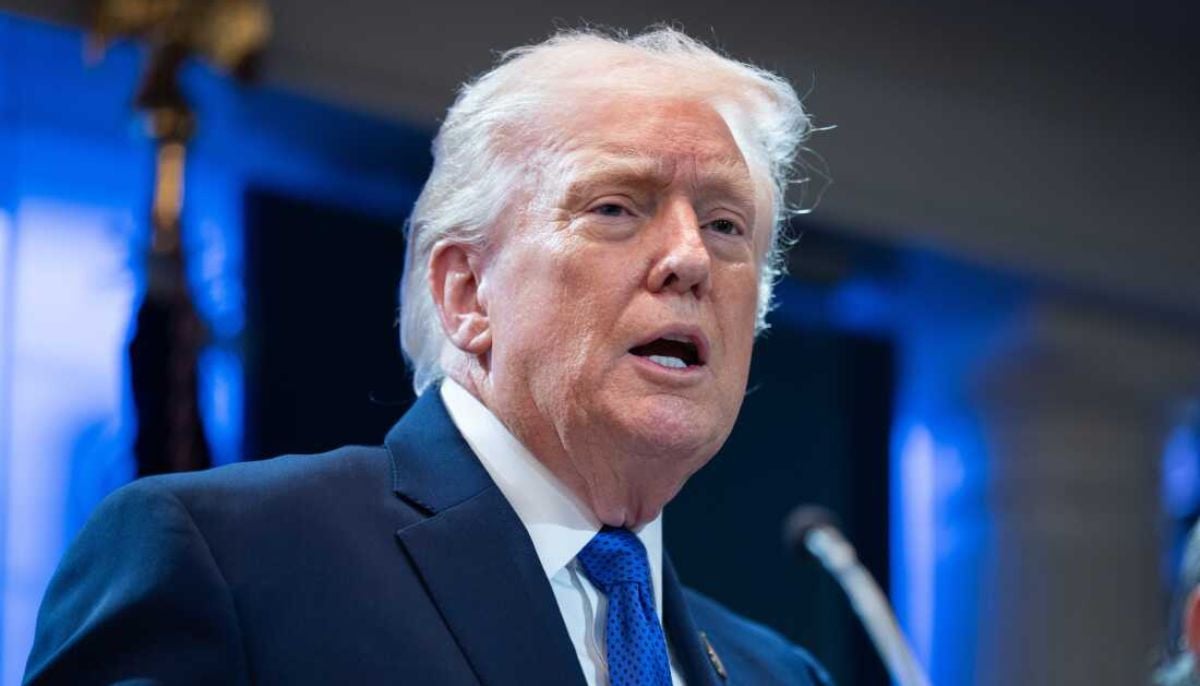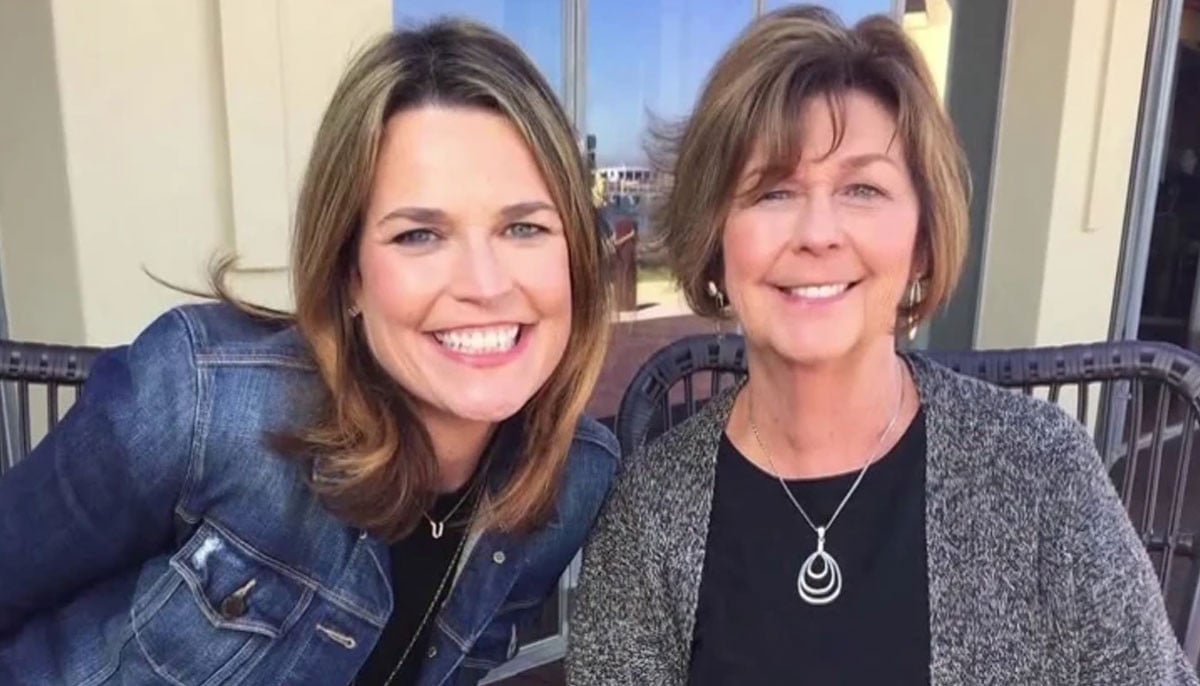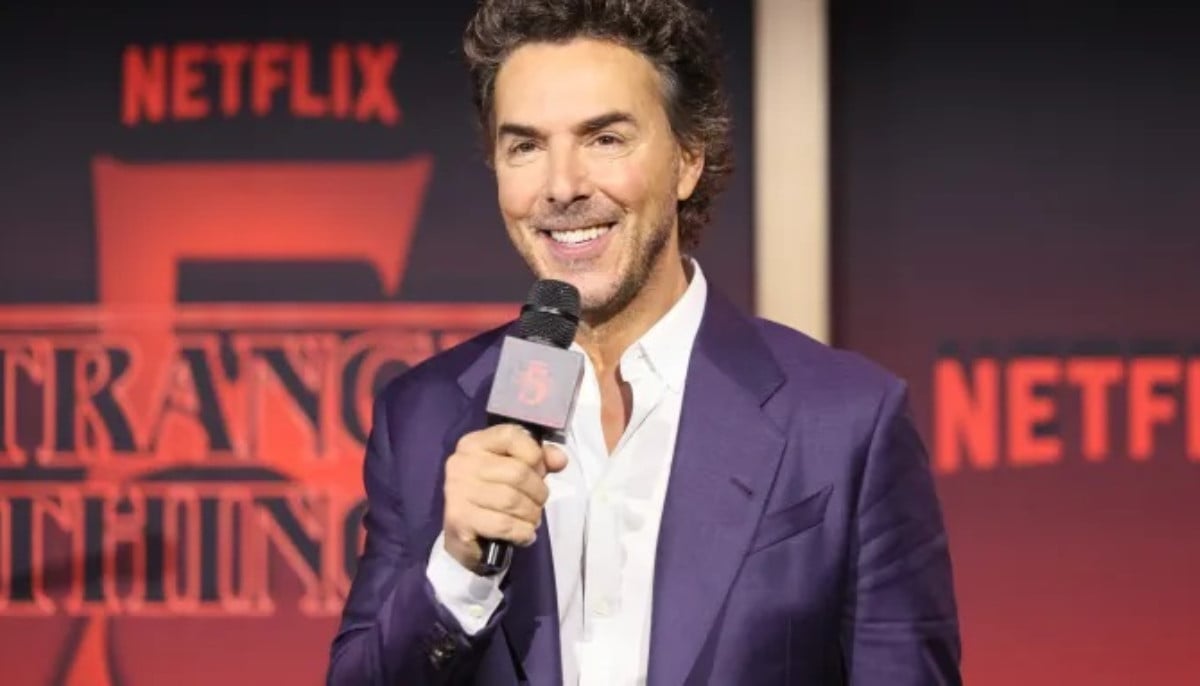PM Imran Khan seeks loans to reservice debts, investments
PM Imran told the conference that the PTI government has launched an ambitious housing scheme under his 100-day agenda for Naya Pakistan.
RIYADH: Pakistan is seeking loans from the International Monetary Fund (IMF) and friendly countries to reservice debt and shore up its economy, the country’s prime minister Imran Khan said on Tuesday.
"What we are hoping is that we do a bit of both, get a loan from IMF and other loans from friendly governments," Khan told the audience at Future Investment Initiative in Saudi Arabia’s capital, Riyadh.
Khan, who was elected prime minister in July, is in Saudi Arabia for the second time this month seeking to shore up financial aid as the country reels from a looming balance of payments crisis.
The PM said Pakistan was creating an enabling environment, undertaking tax reforms and setting up a one-window operation to attract foreign investors in diverse areas.
“This is the best time to invest in Pakistan,” Imran Khan said in his address to a session on Pakistan here at the Future Investment Initiative (FII), and said lucrative opportunities were available in diverse areas for the foreign investors.
The prime minister said his 60-day old government has undertaken a gigantic task of structural reforms to address the issues of mismanagement, corruption, red tape with the sole objective to significantly move the country up on the index of ease of doing business.
The prime minister mentioned the restructuring and re-evaluation of changes in customs duties on different items and provision of better tax incentives so as to make Pakistan more attractive place for investment.
“With its excellent geo-strategic location, Pakistan lies at the confluence of the Middle East, the Gulf and the Central Asian Republics,” Imran Khan told the investors at the Saudi Capital for the two-day investment conference.
He mentioned the large 100 million population under the age of 35 who could serve as a strong work force for investors in any area.
Khan attributed the little foreign investment in the past ten to fifteen years to mismanagement of the previous governments, corruption and also to country’s involvement in the war against terror.
He said several big energy giants like Exxon had returned to the country.
He said the government was ensuring that things improve by the day and all facilities were available to the foreign investors.
He said Gwadar was the second deepest port in the region and offered easy access to China and, with improvement in ties with Afghanistan, to the Central Asian Republics.
The prime minister said the China-Pakistan Economic Corridor (CPEC) would serve as a huge incentive for foreign investors who could invest in many areas and benefit from the access to several regional markets from Pakistan.
He mentioned energy, minerals, infrastructure and housing sectors which offered great incentives. He said his initiative of building five million houses in the next five years would generate lots of economic activity, create employment opportunities and help the country provide shelter to the poorest of its poor.
Imran Khan said Pakistan also had rich reserves of oil and gas, gold and copper that needed to be exploited and could help turn around the country’s economy.
A strong proponent of tourism, Imran Khan said with 12 climatic zones and a range of geographical wonders like the highest peaks in the world to the deep blue waters in Gwadar, there was a great scope for investment in the tourism sector.
Imran Khan said in his talks with the Crown Prince Mohammad bin Salman bin Abdul Aziz, he was informed that a large delegation of Saudi investors would soon visit Pakistan and said they would be comprehensively briefed about the incentives and opportunities available.
He also acknowledged the high level talks between the two countries for setting up an oil refinery in the country and said Pakistan currently requires two large refineries to cope with its growing requirements.
He said Saudi investors in this regard had already visited Pakistan.
He said owing to the great sacrifices by the security forces, Pakistan was today a safe and secure country.
The prime minister said the incidents of terrorism were today negligible and said the few that occurred had links to Afghanistan.
He hoped that a success in ongoing peace talks with the Taliban and the Afghan government and the United States, the situation would improve further.
To a question, he said developments in the Information Technology were an area of focus for the new government and it was undertaking several initiatives to encourage the youth acquire latest skills in the field.
The PM said Pakistan currently faced two serious problems; the current account deficit and the fiscal deficit and said it was currently in negotiations with the International Monetary Fund for a bailout package.
“We have a tough period ahead, but with our structural reforms in place and the funding, we will be able to improve the situation in 6 to 12 months,” he said.
The prime minister said Pakistan was looking forward to bolster its forex reserves by strongly clamping down on money laundering, ending corruption and boosting its exports by providing the exporters the incentives.
He attributed most of the ills afflicting the national economy to the rampant corruption in the past and said getting white collar crime was a tough job to do and hoped with the strengthening of institutions, the money being siphoned off from development to corruption would end.
When asked about his forthcoming visit to China, Imran Khan said he looked forward to learning from its experience how it tackled its poverty and measures to end corruption.
He said in 30 years China brought out 700 million of its population from poverty and at the same time convicted over 400 of its ministers and officials on charges of corruption.
Prime Minister Imran Khan said the State of Madina was his ideal and he looked forward to put in place a system where merit and justice prevailed and said his “Naya Pakistan” was aimed at bringing back to what the country’s founding fathers stood for.
According to the information available on the website of the Future Investment Initiative (FII) thousands of delegates from all over the world would focus on a rich agenda spread over 40 individual plenaries, summits, open discussions and task force sessions focused on three core pillars: Investing in Transformation, Technology as Opportunity and Advancing Human Potential.
With more than 150 speakers confirmed from over 140 different organizations, including 17 global partner organizations, the FII program will closely examine how investment can be used to drive growth opportunities, fuel innovation and tackle global challenges.Investment Haroon Sharif will seek investment in Pakistan.
-
Police officer arrested over alleged assault hours after oath-taking
-
Maxwell seeks to block further release of Epstein files, calls law ‘unconstitutional’
-
Trump announces he is sending a hospital ship to Greenland amid rising diplomatic tensions
-
Trump announces a rise in global tariffs to 15% in response to court ruling, as trade tensions intensify
-
Savannah Guthrie mother case: Police block activist mom group efforts to search for missing Nancy over permission row
-
Shawn Levy recalls learning key comedy tactic in 'The Pink Panther'
-
Sarah Pidgeon explains key to portraying Carolyn Bessette Kennedy
-
Inside Nicole 'Snooki' Polizzi's 'private' marriage with husband Jionni LaValle amid health scare

